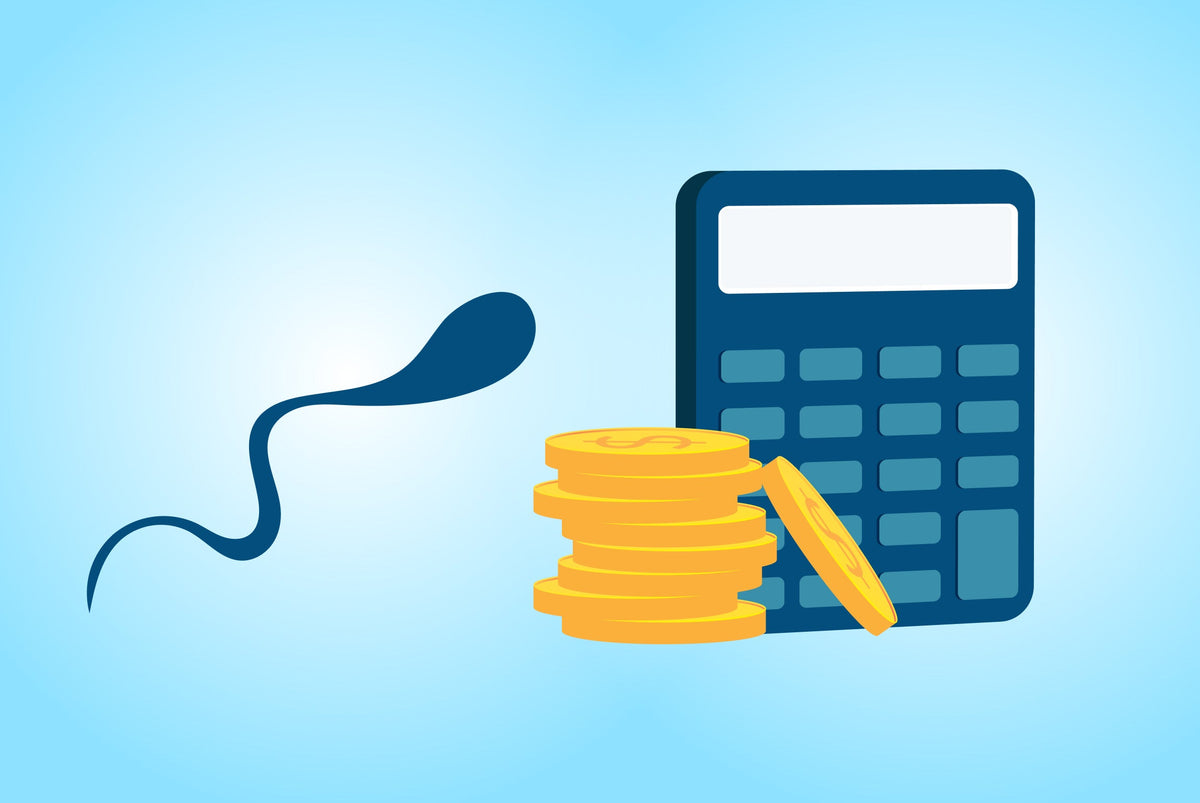

In recent years, assisted reproductive technologies (ART) have transformed the realm of fertility treatments, offering a glimmer of hope to many struggling to start a family. In vitro fertilization (IVF) is a commonly sought-after solution among all available methods. Yet, amidst the emotional and financial hurdles of fertility treatments, one question remains confusing: Are IVF expenses tax deductible and how do you do it?
We fully understand that in a perfect world, IVF would be covered by insurance, and the issue of tax deductions would not be necessary. However, this is not the case for many people trying to start a family, and the landscape of medical insurance coverage is incredibly complex. Understanding the tax implications of fertility treatments, particularly IVF, can be crucial for individuals and families navigating these procedures. However, the answer to whether IVF qualifies for tax deductions is multifaceted and contingent upon various factors, including geographical location, individual circumstances, and evolving tax regulations.
The Current Tax Landscape
As of January 2022, the tax deductibility of IVF costs varies among different countries and regions. In the United States, for example, the Internal Revenue Service (IRS) permits certain medical expenses, including those related to infertility treatments, to be deducted from taxable income. Nonetheless, specific limitations and criteria must be met for these deductions to apply.
Understanding IVF Tax Deductions
Qualifying Expenses:
IVF expenditures must meet the IRS medical expenses criteria to qualify for tax deductions. This encompasses costs directly linked to diagnosing, treating, and preventing infertility. Expenses associated with IVF procedures, including fertility medications, laboratory tests, and surgical interventions, may be eligible for deduction.
Itemized Deductions:
Medical expenses incurred during IVF treatment are deductible only if they surpass a certain threshold of your adjusted gross income (AGI). Typically, only expenses exceeding 7.5% of your AGI are eligible for deduction. Nevertheless, consulting a tax professional or referring to the latest IRS guidelines is imperative for accurate information.
Documentation:
Thorough documentation of IVF expenses is essential for claiming deductions. This may entail retaining receipts, invoices, medical records, and other pertinent documents validating the nature and cost of the treatments.
Tax Credits:
In addition to deductions, certain individuals may qualify for tax credits to alleviate fertility treatments' financial burden. For instance, the Adoption Tax Credit and the Child Tax Credit may provide relief for specific expenses incurred during the IVF process. However, eligibility and criteria for these credits may vary.
Consulting a Tax Professional
Given the intricacies surrounding the tax deductibility of IVF expenses, seeking advice from a qualified tax professional or accountant is strongly advised. They can offer tailored guidance based on your unique circumstances, ensuring compliance with tax laws and optimizing potential deductions or credits.
Advocating for Change
The exorbitant cost of fertility treatments, including IVF, poses a substantial financial challenge for many individuals and families. Consequently, numerous countries are undertaking advocacy initiatives to broaden access to affordable fertility care and enhance insurance coverage for these treatments. By raising awareness and advocating for policy reforms, strides can be made toward a future where the financial barriers to IVF and other fertility treatments are mitigated.

The Steps to Deduct IVF Expenses
1. Organize your receipts
Be sure to gather all of the receipts for your IVF expenses. Your taxes must be able to prove to the IRS all expenses with receipts. We recommend that you work with a tax advisor to review which expenses can qualify as deductions and ensure accuracy.
2. Determine your total expenses
First, calculate your total medical expenses for the year. Be sure to include both the IVF and non-IVF expenses you have paid. Then, in the “Medical and Dental Expenses” section of Schedule A on your taxes, list your total on line 1 for itemized deductions.
3. Calculate your AGI threshold
On line 2 of your taxes, enter your AGI for the year. Following, on line 3, list your AGI multiplied by 7.5%. This number will tell you at what point your IVF expenses become tax deductible.
4. Deduct your expenses
Subtract the amount on line 3 (7.5% of your AGI) from the expenses total on line 1 to determine your deductible amount.
The question of IVF tax deductions underscores the intricate interplay between healthcare, finances, and public policy. While navigating the tax implications of fertility treatments may seem daunting, understanding available options and seeking professional guidance can mitigate the uncertainty and financial strain associated with IVF. Ultimately, for individuals and couples embarking on the journey of assisted reproduction, the aspiration of building a family often eclipses the obstacles encountered along the way.




